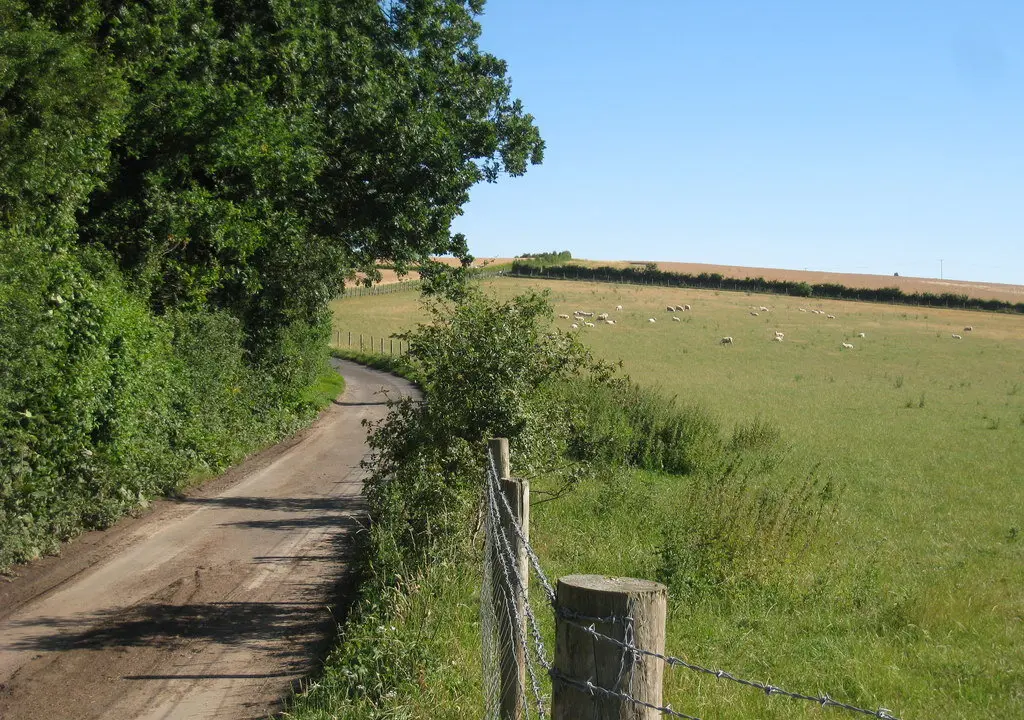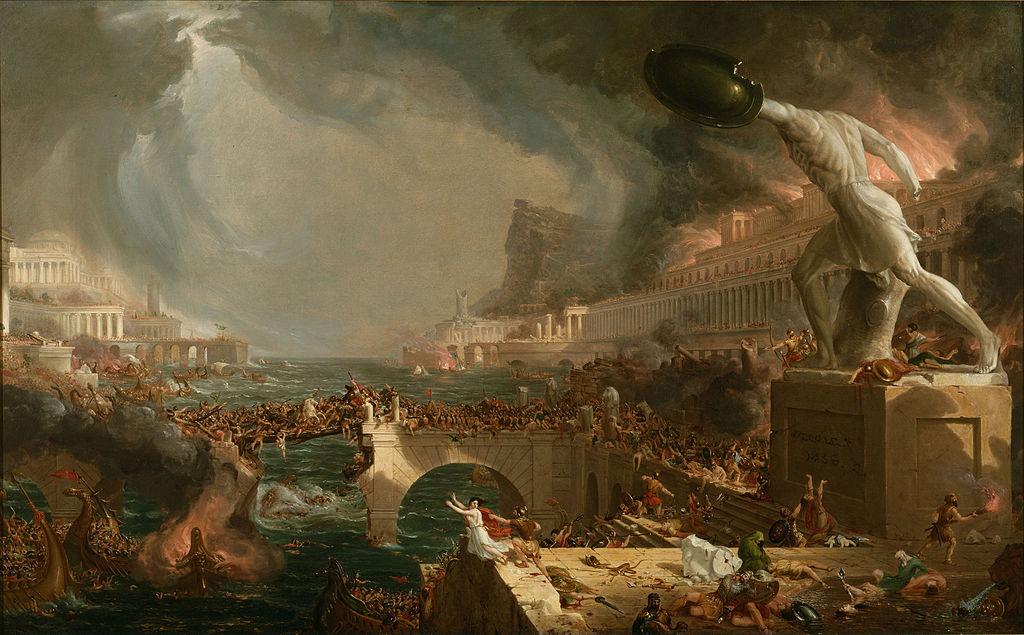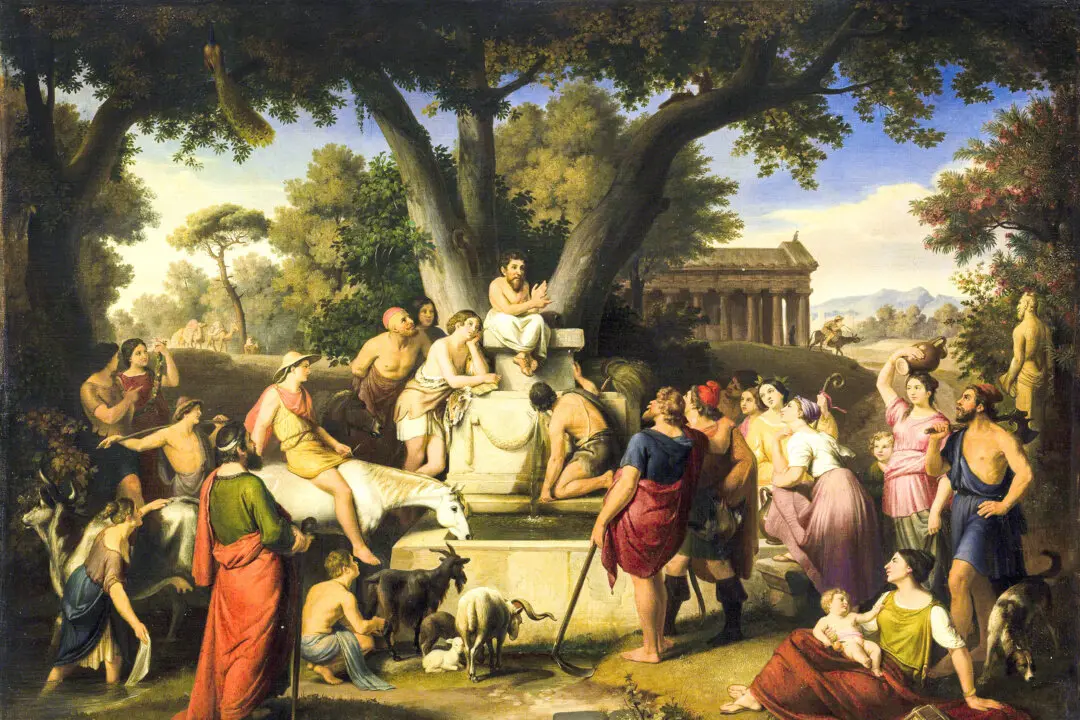J.R.R. Tolkien’s fantasy “The Lord of the Rings” teems with inspiring characters. Aragorn, the rightful heir to Gondor’s throne, embodies just leadership. The irreplaceable Frodo Baggins demonstrates what it means to selflessly accept a burden. Even Gondor’s elite warrior Boromir, who reflects the human proclivity to be corrupted by power, offers readers an example of loyalty.
Amid these towering figures, it’s easy to overlook Peregrin Took, whose character development throughout the saga illustrates Tolkien’s perceptive insights into the nature of courage, virtue, and sacrifice.






